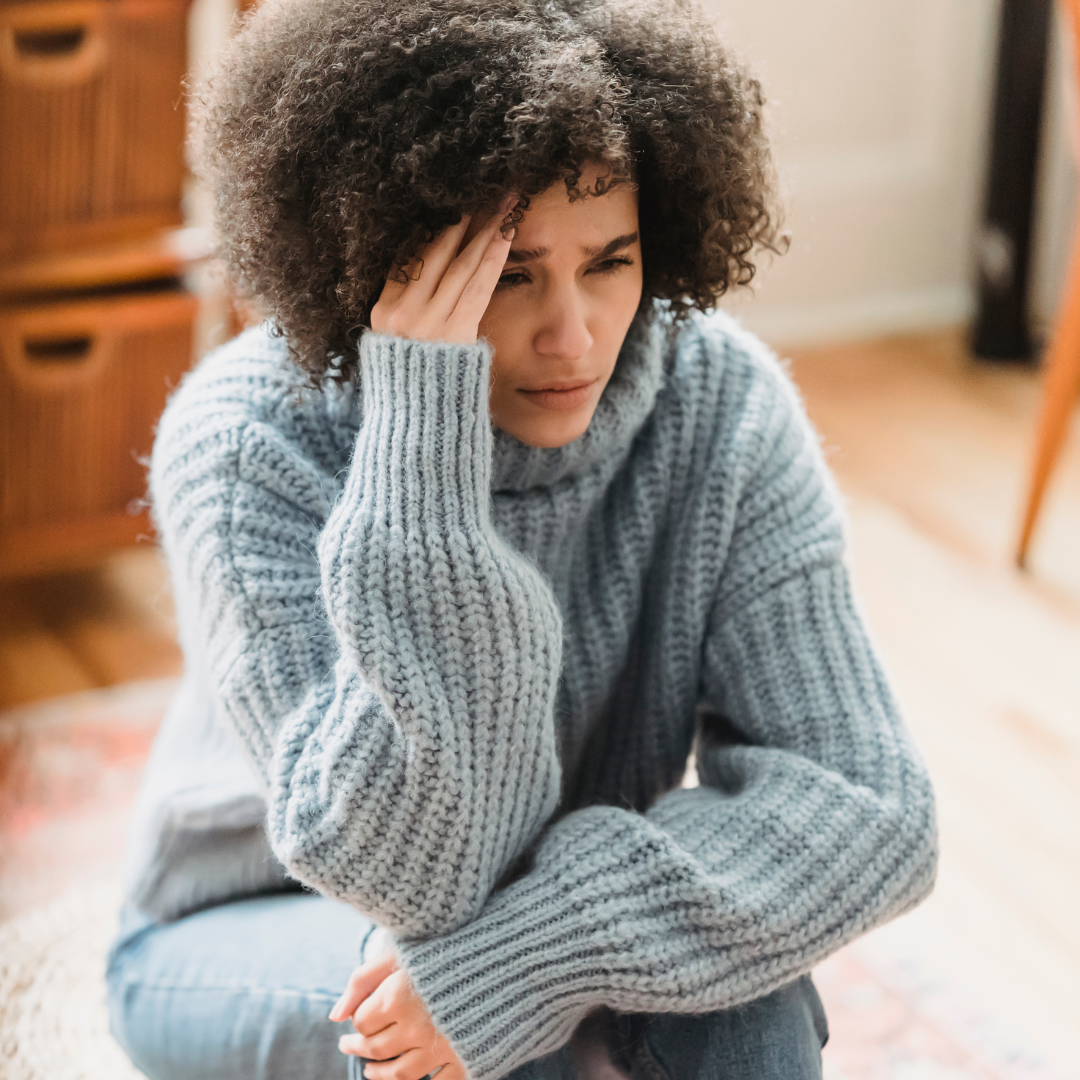It’s estimated that one in four women will experience domestic abuse in their lifetime. It is a largely hidden crime, taking many forms as described below:
- Coercive control – intimidation, degradation, isolation and control with the threat of physical or sexual violence
- Emotional abuse – this can include threatening, humiliating, insulting, isolating and intimidating
- Physical abuse – when someone makes (or threatens to make) unwanted contact with another person’s body by punching, slapping, biting strangling and more
- Sexual abuse – when a person is forced to do something sexually that they don’t want to do. This also includes denying access to birth control
- Financial abuse (also known as economic abuse) – controlling someone’s possessions or how they access or earn money
- Harassment and stalking – persistent, unwanted behaviour
- Online or digital abuse – demanding access to emails, messages, social media etc., sharing intimate photos online without permission or tracking your location using GPS or similar
Do you need to change your living arrangements due to domestic abuse?
If you’re experiencing domestic abuse, support is available to help you make an escape plan or remove the perpetrator from your home as quickly as possible whilst not compromising your safety.
Remember, if you and/or your family are in immediate danger you must ring 999 and seek help from the police. If you are unable to speak, a ‘silent solution’ is available for mobile phones. You will listen to a message and then be asked to press 55 to be transferred to your local police force where the call handler will ask you simple yes or no questions. You may be asked to cough, tap your keys or similar in response if it is unsafe for you to talk, so listen carefully. Please note, the police are unable to track your location from a mobile phone.
If you are calling from a landline, the silent solution does not apply. If you cannot speak, stay on the phone and you will be connected to a police call handler. If you need to put the phone down, the line will stay open for 45 seconds. If you pick the phone back up again during this time and the operator is concerned for your safety, they will transfer you to a police call handler. Your landline should provide your location information.
If you want to move out
If it is unsafe for you to stay in your home, your local council should prioritise your housing needs. They will not categorise you as ‘intentionally homeless’ if you need to leave urgently, as is sometimes the case where people vacate their home without having anywhere else to go in the hope of forcing their local authority to house them.
You may also be able to find emergency accommodation through them, or via a domestic abuse charity, until somewhere permanent can be found.
If you want your abuser to move out
People often ask why domestic abuse victims don’t leave, but why should they be the ones to go when they are not to blame for their situation and they are likely living in fear, feeling low in confidence and isolated from friends and relations?
If you’re living with a partner who is abusive, you can apply to the court for protection. You don’t have to be married or in a civil partnership for abuse to happen. There are two types of order the court may grant you:
- A non-molestation order which will protect you and/or your children from being harmed by your ex-partner
- An occupation order which will enable you to stay in your home, force your ex-partner to leave and prevent them from coming back
You can ask for protection immediately, even if you or your abuser has moved out. Please contact us to find out more.
You can call us in confidence on 0116 340 0094 or email hello@agrlaw.co.uk for advice.
Other useful contacts:
- Refuge (women) – telephone 0808 200 0247 (freephone, open 24/7)
- Women’s Aid – livechat via website or email helpline@womensaid.org.uk
- Find a local domestic abuse service here
- Respect (men) telephone 0808 801 0327 (freephone, 9am to 5pm, Monday to Friday)
- For people living in Leicestershire

